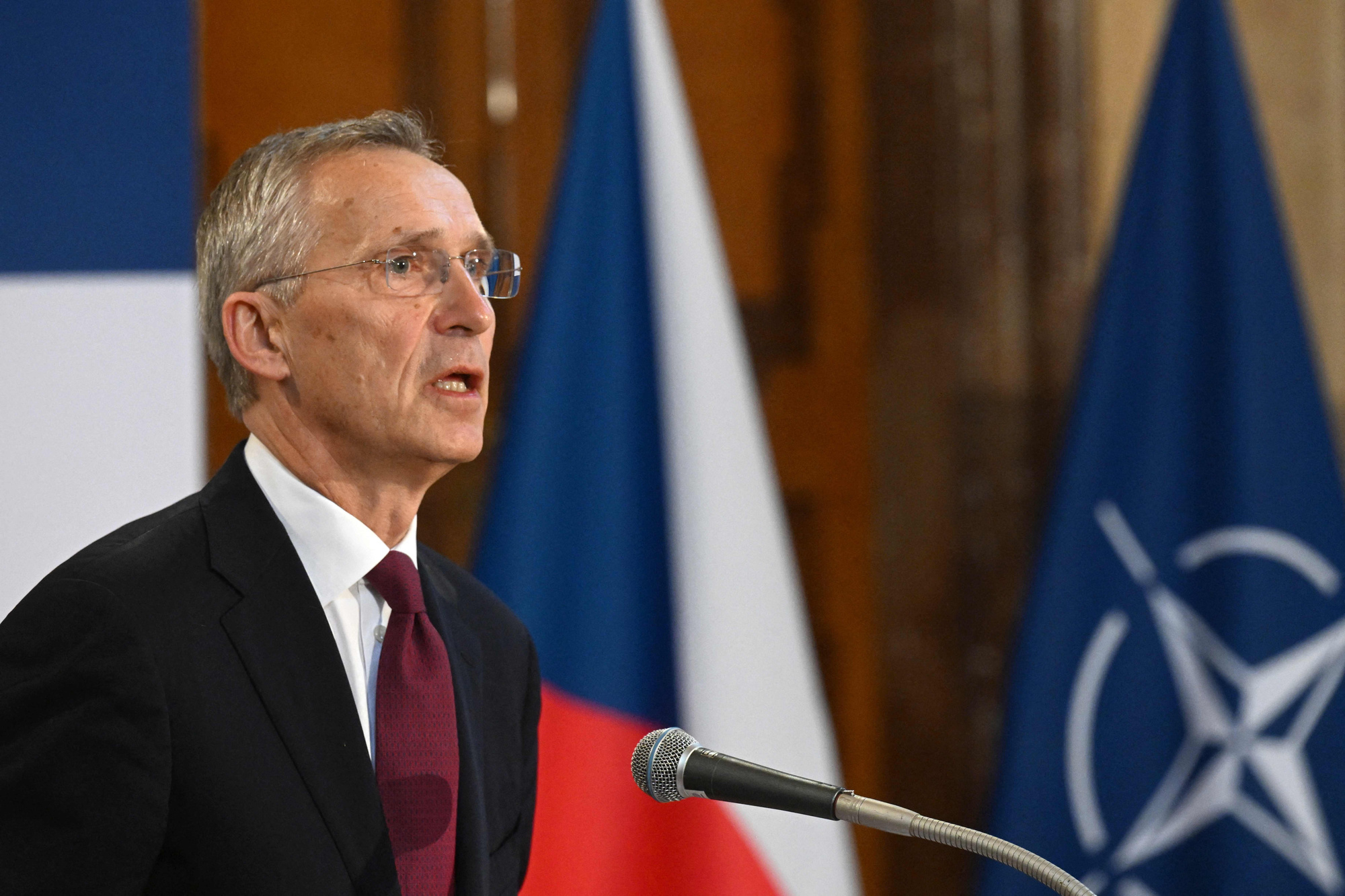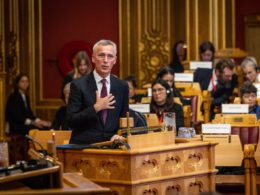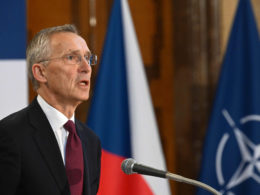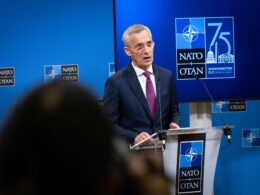According to Radio Free Europe/Radio Liberty, NATO Secretary General Stoltenberg said he’s more confident that Ukraine can successfully defend the city of Kharkiv now that NATO allies have eased restrictions on the use of weapons they supply to hit targets inside Russia.
The NATO chief said this during an interview with RFE/RL on the side-lines of the NATO foreign ministers' meeting in Prague on 31 May.
Stoltenberg told RFE/RL that the shift in policy, as for example made by NATO members such as Germany on 30 May, was "legitimate"
as Ukraine defends itself, particularly the city of Kharkiv, which lies just 35 kilometers from Ukraine’s border with Russia and has been under almost daily attack since Russia launched a new cross-border offensive about three weeks ago.
Until now, Ukrainian forces had been unable to strike Russian forces massing in Russian territory with Western-supplied weapons, because of concerns by the United States and some of Ukraine's other Western allies that doing so would escalate the war.
"The right of self-defense also includes the right to strike targets on the territory of the aggressor. And that's exactly what Ukraine must be able to do," Stoltenberg said.
Stoltenberg said it would be very difficult if artillery batteries, missile batteries, and airfields on the Russian side continued to be "safe for Russians" because Ukraine was prevented from using the weapons supplied by NATO allies against them.
"I welcome, therefore, that the NATO allies have eased restrictions and made it clear that, of course, Ukraine has right for self-defense," he said.
The NATO chief said that the alliance was prepared to give Ukraine the support it needs to prevail and "stop the Russian invader."
More weapons and ammunition are coming in from NATO allies, "and therefore, I am confident that Ukraine absolutely can prevail," Stoltenberg said.
Increased ambitions
Asked specifically about reports of a lack of air defenses on NATO's eastern flank, Stoltenberg said NATO was ready and able to protect all NATO allies and had agreed on new defense plans.
"We increased ambitions because we live in the more dangerous world. There's a need to invest more to meet those requirements coming from the new defense plans, and that includes also investing more in air defense," he said.
He cited an agreement to acquire or to field 700 or more fifth-generation fighter jets, which he said will enhance air defense; that US defense contractor Lockheed Martin has agreed to build a new factory for Patriot missiles in Germany; and Poland and other allies are buying "huge amounts of advanced air-defense systems."
He said many other allies are ramping up production, "so there will be more, and we are investing more, including in air defense."
Alliance members have been under pressure for years to ramp up defense spending after agreeing to raise it to 2 percent of GDP more than a decade ago.
Stoltenberg reiterated in the interview that only a few years ago, the number of countries that met that threshold was less than 10. As of February, it was 18, and he expects that number to increase even further.
Read more:
- NATO aims to prevent Hungary from blocking new scheme to fund Ukrainian army
- NATO seeks 40 bn annual commitment from allies for Ukraine aid, Reuters' source says
- Stoltenberg calls on NATIO countries to lift restrictions on Ukraine's strikes on military targets in Russia
- NATO Secretary-General: China's position is crucial for the course of the war
- Neutral nations enjoying NATO protection should join alliance, UK defense chief says





